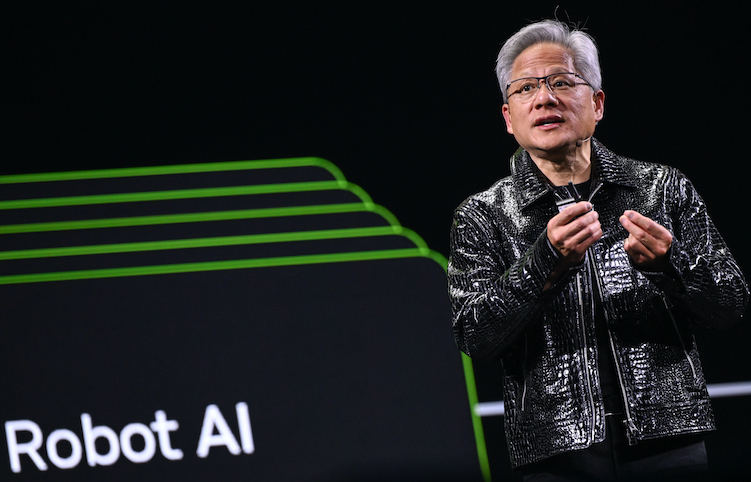(ATF) China is set to speed up construction of the special cellular communication technology for the Internet of Things, known as the Narrow Band Internet of Things (NB-IoT).
The Internet of things (IoT) is a system of interrelated computing devices, mechanical and digital machines that have unique identifiers (UIDs) and the ability to transfer data over a network without requiring human-to-human or human-to-computer interaction.
The three major mobile operators – China Telecom, China Mobile, China Unicom – spoke via a video feed with personnel from Huawei on Tuesday for the ‘Billion Journey Industry Summit, to discuss opportunities in the Narrow Band-IoT development.
In January 2020, NB-IoT’s global connections exceeded 100 million. And in February, the number of connections in China also exceeded 100 million. Many believe these figures are likely to rise quickly – hence the ‘Billion Journey’.
For these operators, the number of NB-IoT connections of China Telecom and China Mobile both exceeded 40 million, while that of China Unicom was over 10 million.
At present, some 92 commercial networks have opened around the world in more than 60 countries and regions, and this system has been applied to more than 50 businesses in more than 40 industries.
Cao Ming, vice president of Huawei’s wireless product line, said China’s industrial partners have successfully entered overseas markets with the help of industrial advantages.
Domestic NB-IoT module manufacturers supply more than 6 million pieces overseas. Meter manufacturers have won orders for more than 2 million NB-IoT meters in the Middle East. And the demand for 5G NB-IoT chips is increasingly strong, with shipment volumes more than doubling in the past six months.
Huatai Securities believes the Internet of Things is a big industrial opportunity after the mobile Internet, and the global market size is expected to reach a trillion connections this year.
NB-IoT, as the main arena of the Internet of Things’ Low Power Wide Area Network (LPWAN), has formed an industrial development trend promoted by both supply and demand after only three years of cultivation. Market demand for “smart meters”, “smart cities” and To C end markets have increased one after another and manufacturers expect to see even faster growth in 2020.
Automatic driving system does well
Meanwhile, Huawei announced on its website on Wednesday that Germany’s Rhine TV Group has issued certification of ISO 26262:2018 Certificate for Functional Safety Management System’ to Huawei’s Autonomous Driving Solution (ADS).
That indicates that Huawei’s ADS research and development system has passed ASIL D certification, the highest level of automotive functional safety.
ADS is Huawei’s Full Stack autopilot system is designed for China’s road and traffic environment and aimed at boosting users’ driving experience.
























